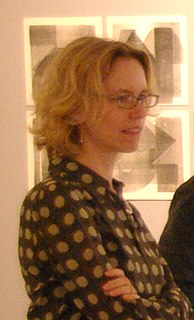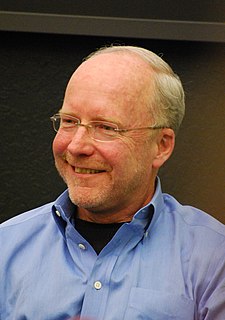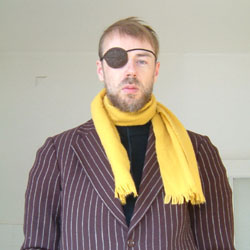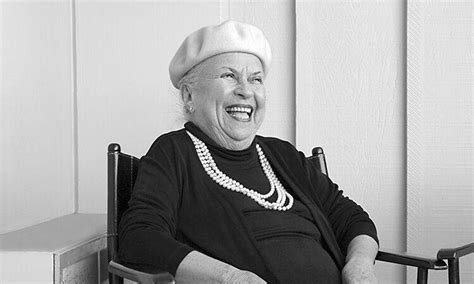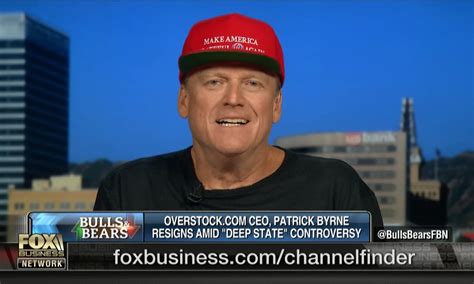A Quote by Jacque Fresco
There's no way to design a society that's optimal or utopian. It's better than the one that was. Systems always undergo change.
Related Quotes
In order to survive, all systems must evolve by providing greater and greater access to the currents that flow through them. This applies to all physical, biological and social systems that survive and thrive.... But let’s take that one step forward... the systems just described are ... constantly evolving. This suggests another design principle: ... design for evolution rather than creating a static design optimizing for the present.
I'm sort of always trying to reinvent and recreate a better way of being, because, you know, democracy has been "the worst of all political systems except for all the rest." So I think we have a lot of room to grow and be a better society, and it's a constant battle. It's an exciting opportunity to be active.
I have no notions of a perfect society, I don’t know what that means. I know we can do much better than what we’ve got, I’m no utopian, I’m not a humanist that would like to see everybody living in warmth and harmony: I know that if we don’t live that way, we’ll kill each other and destroy the Earth.
We cannot create blueprint for future society, but it is good to think about that. It is good to have in mind a goal. It is constructive, it is helpful, it is healthy, to think about what future society might be like, because then it guides you somewhat what you are doing today, but only so long as this discussions about future society don't become obstacles to working towards this future society. Otherwise you can spend discussing this utopian possibility versus that utopian possibility, and in the mean time you are not acting in a way that would bring you closer to that.
At the moment our human world is based on the suffering and destruction of millions of non-humans. To perceive this and to do something to change it in personal and public ways is to undergo a change of perception akin to a religious conversion. Nothing can ever be seen in quite the same way again because once you have admitted the terror and pain of other species you will, unless you resist conversion, be always aware of the endless permutations of suffering that support our society.
By happiness I mean here a deep sense of flourishing that arises from an exceptionally healthy mind. This is not a mere pleasurable feeling, a fleeting emotion, or a mood, but an optimal state of being. Happiness is also a way of interpreting the world, since while it may be difficult to change the world, it is always possible to change the way we look at it.
Design is a field of concern, response, and enquiry as often as decision and consequence... it is convenient to group design into three simple categories, though the distinctions are in no way absolute, nor are they always so described: product design (things), environment design (places) and communication design (messages).
We know that flat and non-hierarchical systems use information best. I've tried to do that with my own company because it works better that way. And society at large will work better as well if we can get rid of these old institutions and hierarchies. New innovations like the block chain can make this possible.

